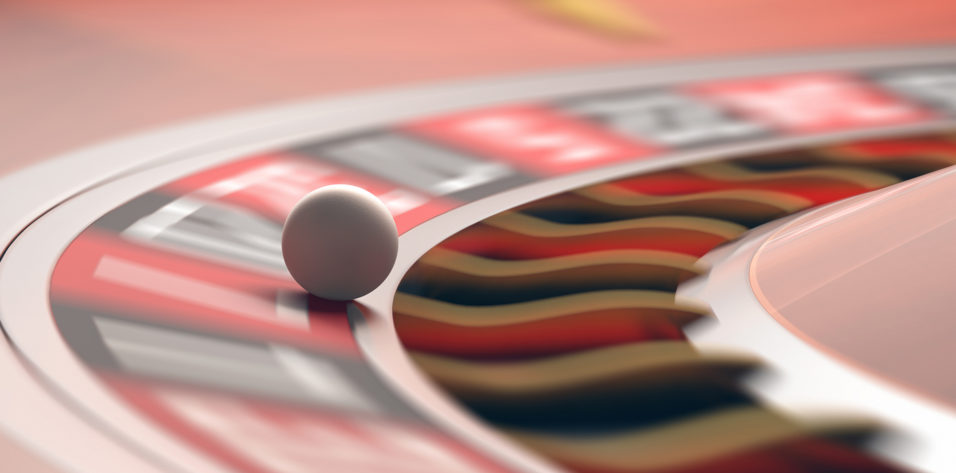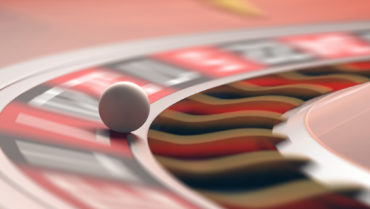
Getting to Know You
Currently, what book are you reading, what TV series are you binge-watching, what app do you use the most, and where do you get your daily news?
Book: I have never been an avid book reader since I was young. I only read books to study, and I read medical journals. But if there is a movie version of a novel, I usually prefer watching it in the theater rather than reading the book, even though most people say the book is better.
TV series: I love watching MasterChef because I love food, and also because I am impressed by how the contestants bring out the best of themselves under pressure. I also like the plot twists in Blacklist and House of Cards.
App: I keep in touch with friends and loved ones on Viber and WhatsApp. Waze is indispensable in Manila traffic.
Daily news: I check the news on my laptop daily upon waking in the morning.
What is something in your life you would happily do again, and what is something you would never do again?
Happily do again: Fellowship training in Boston was one of the happiest times in my life, and I would gladly do it all over again. My perspective in life expanded, and I met many new friends, enjoyed the four-season weather, learned to love ophthalmology, and learned to love doing research.
Never do again: I would never again invest in something that is not in my line of expertise. I invested in a steakhouse that failed, even though the food was quite good. My lessons learned include these: Do not go into something you do not understand; do not depend on others to safeguard your money for you; and, to avoid ruining your friendship, do not go into business with friends.
What are three places at the top of your bucket list?
No. 1: Africa, to go on safari.
No. 2: The Arctic, to see a polar bear.
No. 3: An aircraft carrier, to watch jet fighters take off and land.
If you had to donate half your income tomorrow, to whom would you give it?
I would probably divide it among my loyal staff, so that they could add it to their personal funds to put their children through school. Rather than give it to an organization, I would prefer that the people who have helped me with my work would get to share in the blessings that my work has brought me.
If there is one high-risk thing that you have not done but remain curious about, what is it?
I would like to place €1,000 on the number 5 on the roulette table and see if it wins.



Your Thoughts on Ophthalmology
What is the health care landscape like in your country?
In the Philippines, there is a big gap between rich and poor; the middle class is very small. There is minimal insurance coverage from the government, so most patients pay out of pocket. Approximately 75% of doctors and health care centers are in the big cities. There are some outstanding private standalone clinics and surgicenters, all of which want to compete in the urban upper-class market. We have to keep our cost structure reasonable but at the same time provide quality service.
How enthusiastic are you about the future of ophthalmology?
No other field of medicine has changed as dramatically and improved as much technologically as ophthalmology over the past 10 years. With the revolutionary treatments in development and the talent of the young ophthalmologists among us today, I see this trajectory continuing.
What products in the pipeline excite you the most?
The new IOLs excite me the most. The presbyopia-correcting EVO Visian ICL (STAAR Surgical), placed in the sulcus, will be a game-changer because it can treat even high amounts of refractive error and cylinder and also reduce dependency on reading glasses, and it will be the only reversible technology to do so. Speaking of reversibility or exchangeability, the Harmoni Modular IOL (ClarVista Medical) will also play a big role in the future because any optic can be installed into the system during cataract surgery, and the surgeon will have the option to safely remove, exchange, or upgrade the optic if required.
What was your most memorable moment in surgery?
It was my very first LASIK case in our new eye center. I had just finished fellowship and was eager to get started. When I stepped on the pedal of the Hansatome (Bausch + Lomb), the keratome stopped midway through the cut. My heart also almost stopped. I ended up aborting the case and telling the patient just to wear eyeglasses.
What recent studies or technologies have influenced your surgical technique?
The technology that has made the biggest impact in my practice is the Barrett Universal II IOL power calculator. Because of its accuracy in achieving the intended refractive target, I find myself implanting more premium IOLs such as torics, multifocals, and multifocal torics.
What was the toughest decision you have had to make as an ophthalmologist?
The toughest decision I have had to make was whether to go for a fellowship or to start practicing as a general ophthalmologist. After going through medical school and residency, there was great pressure to start earning and stop studying. (As noted earlier, I went for the fellowship.)
How has ophthalmology changed since you started practicing?
Technology and surgical techniques have changed dramatically over the years. When I started, some intracapsular cataract surgery was still being performed, but I was mostly trained to perform extracapsular cataract extraction, which later developed into phacoemulsification and now to laser-assisted cataract surgery. Refractive surgery has also dramatically shifted, from RK to PRK, then to LASIK, phakic IOLs, and now small incision lenticule extraction (SMILE).
But the most significant change, to me, is how demanding patients have become about their outcomes. For patients today, it is a given that there will be no complications during surgery. But, furthermore, they also assume that they will see well without need for eyeglasses. It is scary to practice at this level of patient expectation.
What advice can you offer the new generation of ophthalmologists?
Do not over-promise, and emphasize the downsides before the upsides of any procedure or technology. It is your responsibility to target the correct refraction for your refractive or cataract surgery patients. The treatment or device will work at its best if your refractive outcome is correct, so take the time to compute.
If you could trade lives with a fellow ophthalmologist for 1 day, who would it be and why?
Dimitri Azar, MD, MBA, was one of my most important mentors. He is now Dean of the College of Medicine at the University of Illinois in Chicago. I am curious to experience what the life of an academic executive is like and to see how he transitioned from being an active practicing clinician to an active manager of a prestigious university.
If you were forced to limit your practice of ophthalmology to one procedure, what procedure would you choose and why?
Cataract surgery would be my choice because it will be needed by everyone at some point in their lives. Plus it has the greatest reward potential in terms of improving the vision of patients.



Your Thoughts on Business
What differentiates your practice from those of your competitors?
All our practicing staff are fellowship-trained, and our practice offers a full line of subspecialty services. Another differentiation is that we participate in many research studies, which give our patients the opportunity to receive cutting-edge technology that is still in its developmental stage. Being involved in studies also gives our doctors the opportunity to be ahead of the curve in learning new technologies.
How do you feel about private equity, and is there a place for it in ophthalmology?
I am neutral about private equity. I have seen venture capitalists at their best in spotting a potential technology and bringing it to fruition. But I have also seen how costs and profit margins have escalated the prices of drugs and devices, putting them out of reach of many patients.
How do you approach marketing your practice and specific procedures you offer?
We find that television medical talk shows can reach the greatest number of people and can provide a lot of information because the topics are discussed thoroughly. Online marketing such as a Facebook presence, blogs, and an updated website are also helpful.
It is important to have patient testimonials in each of these marketing venues because prospective patients tend to believe the feedback of previous patients (word of mouth) more than anything that can be conveyed by other advertising media such as broadcast, web, or print.
How do you or your practice keep staff members happy?
First, we recognize and appreciate their contributions to the practice. Second, I bring my staff periodically on food outings. I want them to enjoy good food in a relaxed atmosphere outside of the hospital hierarchy system.
What is your end game?
Once I feel that my surgical skills have started to wane, I would like to be a manager and run a health care facility, hospital, or school.



